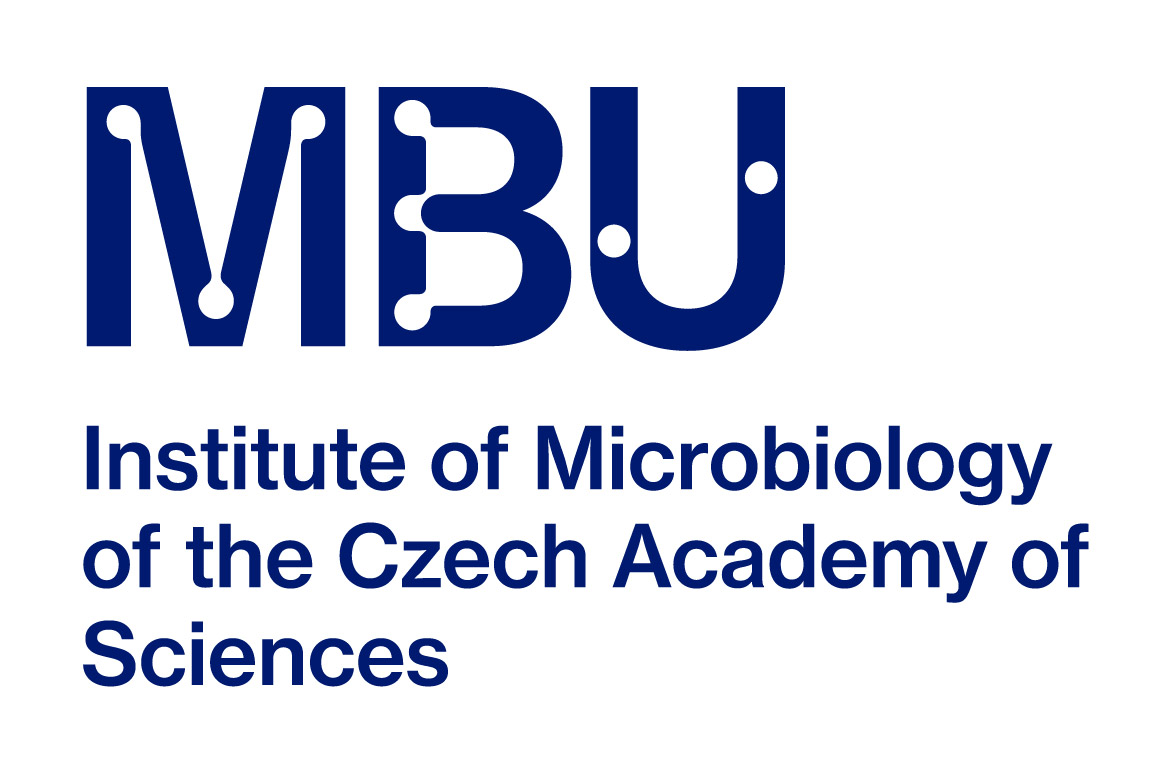 The European Cooperation in Science and Technology (COST) is a funding organisation for the creation of research networks, called COST Actions. These networks offer an open space for collaboration among scientists across Europe (and beyond) and thereby give impetus to research advancements and innovation.COST Action is a network dedicated to scientific collaboration, complementing national research funds. A COST Action is organised by a range of networking tools, such as meetings, conferences, workshops, short-term scientific missions, training schools, publications and dissemination activities. Funding covers the cost of COST Action networking tools. The average COST Action support is EUR 130,000 per annum for participation by typically 25 COST Members.
The European Cooperation in Science and Technology (COST) is a funding organisation for the creation of research networks, called COST Actions. These networks offer an open space for collaboration among scientists across Europe (and beyond) and thereby give impetus to research advancements and innovation.COST Action is a network dedicated to scientific collaboration, complementing national research funds. A COST Action is organised by a range of networking tools, such as meetings, conferences, workshops, short-term scientific missions, training schools, publications and dissemination activities. Funding covers the cost of COST Action networking tools. The average COST Action support is EUR 130,000 per annum for participation by typically 25 COST Members.
The workers of the Laboratory of Biotransformation are involved in the following COST Actions:
-
COST Action CA22103 (2023-2027, P.Bojarová)
A Comprehensive Network Against Brain Cancer (Net4Brain)
-
COST Action CA21134 (2022-2026, K. Slámová)
Towards zer0 Pesticide AGRIculture : European Network for sustainability (T0P-AGRI-Network)
-
COST Action CA21145 (2022-2026, V. Křen)
European Network for diagnosis and treatment of antibiotic-resistant bacterial infections (EURESTOP)
-
COST Action CA21135 (2022-2026, P.Bojarová)
Modelling immunotherapy response and toxicity in cancer (IMMUNO-model)
-
COST Action CA21116 (2022-2026, P.Bojarová)
Identification of biological markers for prevention and translational medicine in pancreatic cancer (TRANSPAN)
-
COST Action CA21111 (2022-2026, D. Biedermann)
One Health drugs against parasitic vector borne diseases in Europe and beyond (OneHealthdrugs)
-
COST Action CA20121 (2021-2025, V. Křen, K. Valentová)
Bench to bedside transition for pharmacological regulation of NRF2 in noncommunicable diseases (BenBedPhar)
-
COST Action CA20117 (2021-2025, P.Bojarová)
Converting molecular profiles of myeloid cells into biomarkers for inflammation and cancer (Mye-InfoBank)
-
COST Action CA18229 (2019-2023, V. Křen)
NON-CONVENTIONAL YEASTS FOR THE PRODUCTION OF BIOPRODUCTS
-
COST Action CA18132 (2019-2023, V. Křen, P. Bojarová)
Functional Glyconanomaterials for the Development of Diagnostics and Targeted Therapeutic Probes (GLYCONanoPROBES)
-
COST Action CA18103 (2019-2023, K. Slámová, P. Bojarová)
Innovation with Glycans: new frontiers from synthesis to new biological targets (INNOGLY)
-
COST Action CA17140 (2018-2023, P. Bojarová)
Cancer nanomedicine – from the bench to the bedside (Nano2Clinic)
Past Actions
-
COST Action CA17118 (2019-2022, K. Slámová, Z. Mészáros)
Identifying Biomarkers Through Translational Research for Prevention and Stratification of Colorectal Cancer (TRANSCOLONCAN)
-
COST Action CA17104 (2018-2022, K. Valentová, M. Hurtová)
New diagnostic and therapeutic tools against multidrug resistant tumors (STRATAGEM)
-
COST Action CA16230 (2017-2022, D. Biedermann)
Combatting anthelmintic resistance in ruminants
-
COST Action CA16225 (2017-2022, V. Křen, D. Biedermann)
Realising the therapeutic potential of novel cardioprotective therapies
-
COST Action CA16205 (2017-2022, K. Valentová, K. Káňová)
European Network on Understanding Gastrointestinal Absorption-related Processes (UNGAP)
-
COST Action CA16122 (2017-2021, P. Bojarová)
Biomaterials and advanced physical techniques for regenerative cardiology and neurology (BIONECA)
-
COST Action CA16112 (2017-2021, K. Valentová, D. Biedermann)
Personalized nutrition in aging society: redox control of major age-related diseases (NutRedOx)
-
COST Action CA15136 (2016-2020, V. Křen)
European network to advance carotenoid research and applications in agro-food and health (EUROCAROTEN)
-
COST Action CA15135 (2016-2020, P. Bojarová)
Multi-target paradigm for innovative ligand identification in the drug discovery process (MuTaLig)
-
COST Action CM1407 (2015-2019, V. Křen)
Challenging organic syntheses inspired by nature – from natural products chemistry to drug discovery
-
COST Action FA1403 (2014-2018, K. Valentová)
Interindividual variation in response to consumption of plant food bioactives and determinants involved (POSITIVe)
-
COST Action CM1307 (2014-2018, D. Biedermann)
Targeted chemotherapy towards diseases caused by endoparasites
-
COST Action CM1303 (2013-2017, V. Křen)
Systems Biocatalysis
-
COST Action BM1203 (2012-2016, V. Křen)
EU-ROS
-
COST Action CM1102 (2011-2015, V. Křen)
Multivalent Glycosystems for Nanoscience – MultiGlycoNano
-
COST Action CM1003 (2011-2015, L. Martínková, M. Kotík)
Biological oxidation reactions – mechanisms and design of new catalysts
-
COST Action CM1001 (2010-2014, V. Křen)
Chemistry of non-enzymatic protein modification – modulation of protein structure and function
-
COST Action CM0804 (2009-2013, V. Křen)
Chemical Biology with Natural Products
-
COST Action CM0701 (2008-2012, V. Křen)
Cascade Chemoenzymatic Processes – New Synergies Between Chemistry and Biochemistry
-
COST Action CM0602 (2007-2011, V. Křen)
Inhibitors of angiogenesis: design, synthesis and biological exploitation (ANGIOKEM)
-
COST WG D34/0001/05 (2005-2010, V. Křen)
Multivalent ligands for cholera toxin inhibition and sensing
-
COST WG D28/0008/03 (2002-2007, V.Křen)
Stereoselective synthesis of piperidine derivatives as useful synthons for target- oriented and diversity-oriented synthesis of bioactive natural products and analogues
-
COST WG D25/0002/02 (2001-2007, L. Martínková)
Nitrile- and amide-hydrolyzing enzymes as tools in organic chemistry
-
COST WG D25/0001/01 (2001-2007, V. Křen)


 Doc.RNDr. Pavla Bojarová, Ph.D.
Doc.RNDr. Pavla Bojarová, Ph.D.